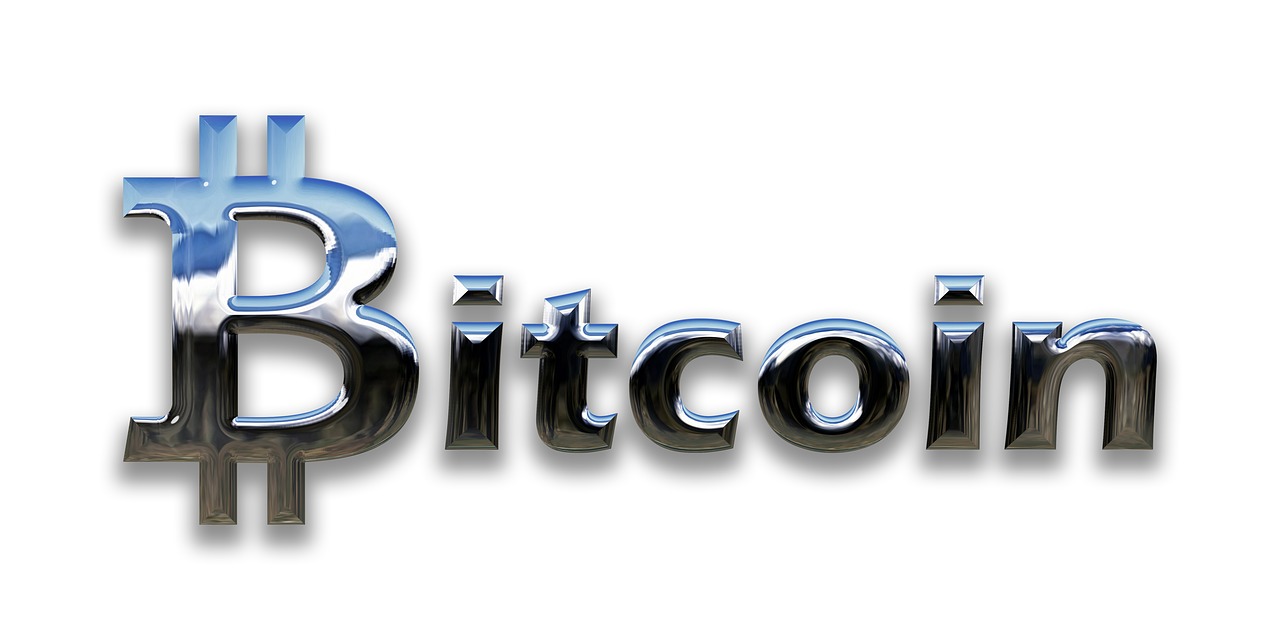bitcoin, power, speculation, revolution.

Bitcoin is disruptive in more than one way. It is shaking up societal structures by making traditional institutions obsolete: economic agents no longer need trusted third parties such as banks to make financial transactions around the world.
The currency no longer needs to be guaranteed by the State because the trust is built into the integrity of the network, each transaction being certified by cryptography. No central authority can prevent a transaction from taking place. No institution can confiscate your money. Bitcoin gives power back to individuals.
Humanity is advancing at the pace of the scale of the innovations it is building for the benefit of the greatest number of people. It has often been said that the Internet would bring a democratic breakthrough in a proportion comparable to the contributions of the invention of printing.
Printing allowed the Bible to be widely disseminated. Everyone could refer to it. The power of priests, who had until then reigned over their flock by taking advantage of their illiteracy, could now be called into question if they deviated from the reference text. With literacy, rebels were able to challenge the doctrine imposed on them by their parish priest: Protestantism was born.

Major disruptive inventions attract investors. At the end of the 1990s, the arrival of the Internet sounded like a new promise: a global village, the world would soon be governed by a new paradigm: the New Economy. An irrational speculative bubble followed, governed by blind greed. The dot-com companies that were barely listed on the stock exchange were valued in the millions of dollars. The bubble swelled quickly, then burst in 2001, leaving investors haggard ruined.
Fifteen years later, the New Economy is there: Internet giants are at the top of the list of the largest capitalisations. Thanks to the Internet, students from developing countries have access to online courses on a wide variety of topics. Faced with this democratization of access to knowledge, Gilles Babinet, a French digital champion, likes to say that the world is "flattening out". The financial markets had excited fifteen years too early for a revolution that finally has the place.
The bitcoin, which well-meaning journalists, governed by the dictatorship of sensationalism, present from the simplistic angle of its use on the "darknet" (which in fact represents only a very minority share of its transactions), is an innovation in the scope of the Internet's invention. Bitcoin is not the currency of the Internet but the Internet of money.
The blockchain is a technological innovation that calls into question the certification professions: there will soon no longer be any need for notaries to certify a real estate transaction.
As when the Internet arrived, venture capitalists are now rushing to the slightest startup, terrified that they don't have the next Google of the blockchain in their wallet. That's why a new speculative bubble is swelling now. Like all bubbles, it will burst quickly under the weight of excessive human greed.
The time of speculation will seem ephemeral when the time of revolution experienced in our daily lives comes to maturity.
Congratulations @valerio! You have completed some achievement on Steemit and have been rewarded with new badge(s) :
Click on any badge to view your own Board of Honor on SteemitBoard.
For more information about SteemitBoard, click here
If you no longer want to receive notifications, reply to this comment with the word
STOP